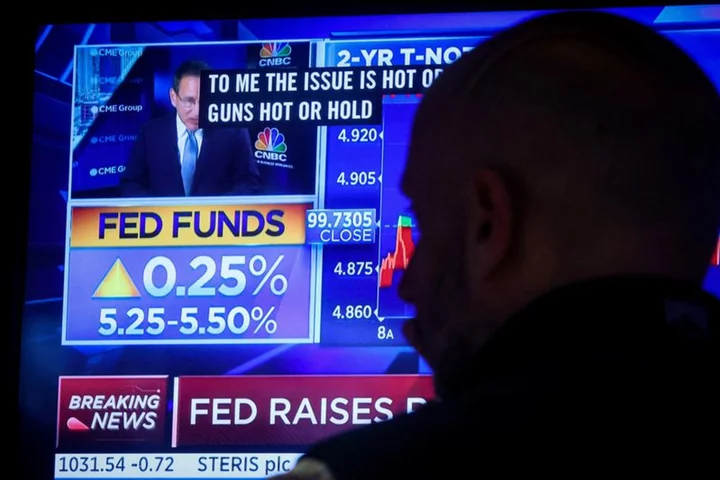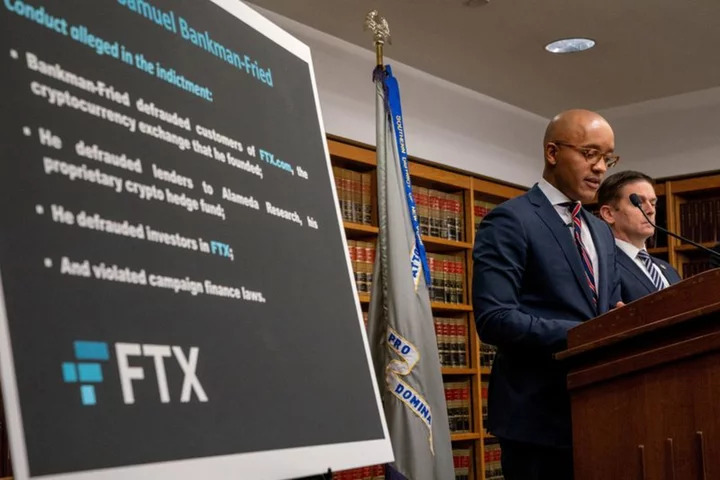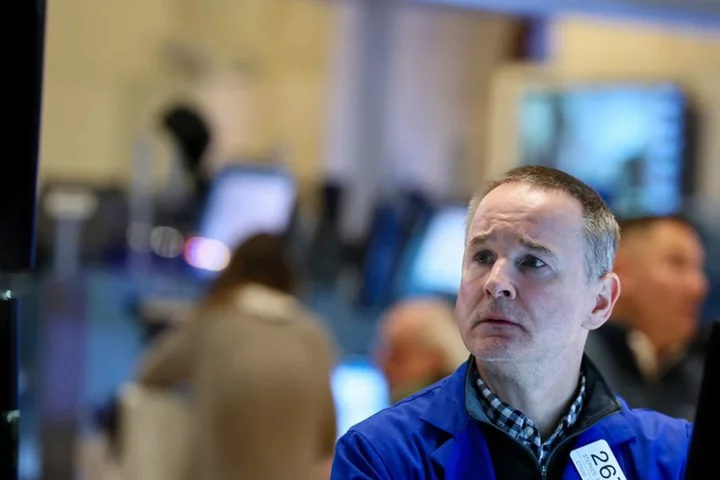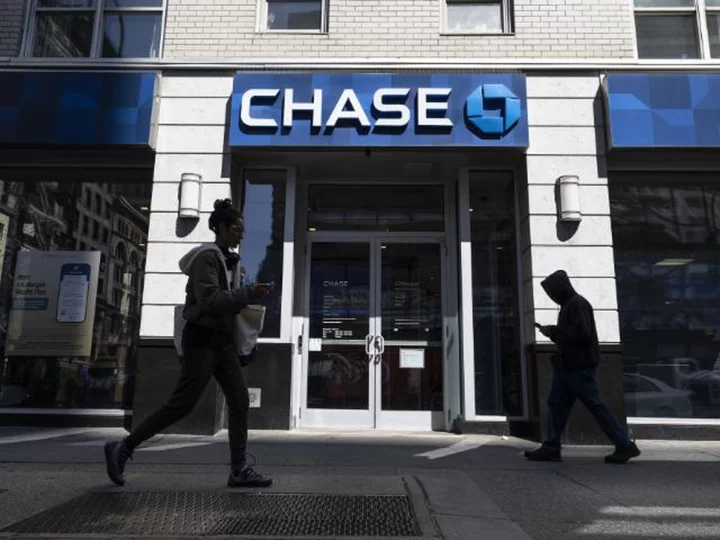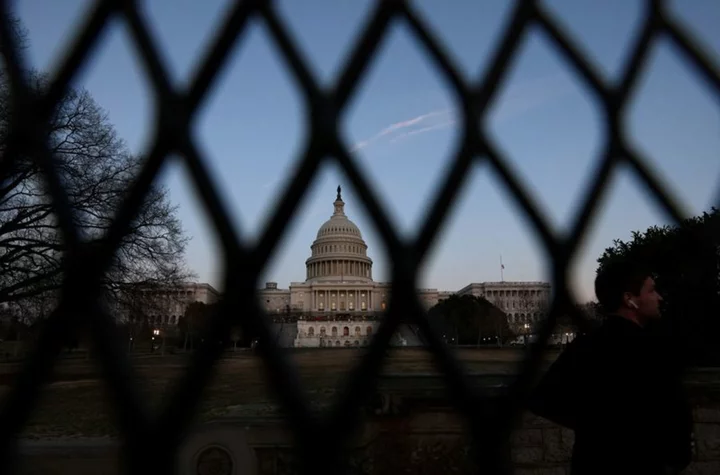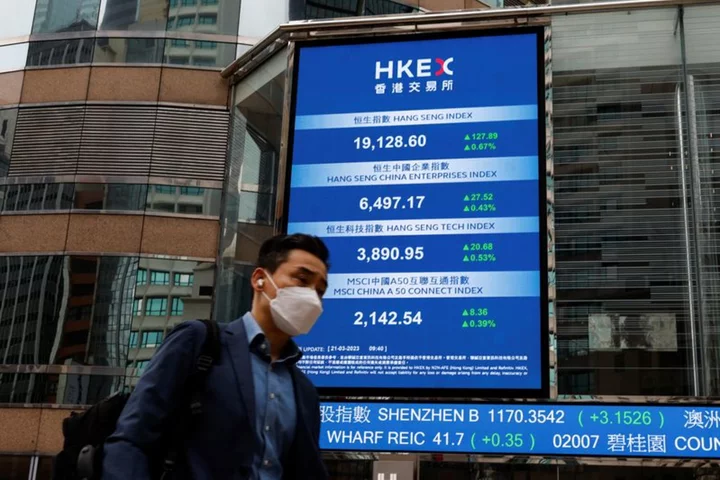By Lewis Krauskopf
NEW YORK A benign U.S. inflation report is bolstering the view that the Federal Reserve can bring down consumer prices without hurting the economy, a so-called Goldilocks environment that investors believe will support stocks and bonds.
Both asset classes have ripped higher in November following a months-long wobble, fueled by hopes that the Fed was unlikely to deliver any more of the rate increases that have spurred volatility throughout markets since early last year.
Inflation data released on Tuesday supported the view that a turning point is near: consumer prices were unchanged on a monthly basis for October, the first such reading in more than a year and a softer figure than analysts were expecting.
At the same time, there have been few indications that tighter monetary policy is severely hurting the economy, supporting the view that prices can cool further without damaging growth.
“The broader market has been challenged with this consensus negative view about both a recession and inflation," said Eric Kuby, chief investment officer at North Star Investment Management Corp. "Reality is telling a different story. This does feel like a Goldilocks moment for the entire market.”
The data fueled a powerful rally in stocks and bonds. The S&P 500 was up 1.9% on the day, on track for its biggest one-day rise since late April. The index is up 9% from its October lows. The benchmark 10-year yield, which moves inversely to bond prices, was at its lowest level since late September - having fallen over 50 basis points from a 16-year high set last month.
DOVISH EXPECTATIONS
Fed funds futures traders on Tuesday expected the Fed to forgo any more hikes and enact about 100 basis points of interest rate cuts in 2024, compared to 75 basis points of cuts before the inflation report.
That tallied with expectations heading into the data. According to BofA's Global Research's monthly survey out Tuesday, 76% of fund managers were convinced the Fed had finished its rate hike cycle, up from 60% in October and the highest level since the survey began tracking the topic in May. '
The CPI data is "telling us that the Fed is done, there's nothing left for it to do here," said Thomas Hayes, chairman at hedge fund Great Hill Capital.
The data also offered more support for investors who had already been growing more optimistic about the market. Fund managers turned overweight equities in November for the first time since April 2022, according to the BofA survey.
They also reported the third-largest overweight in bonds in the past two decades, according to the survey, as cash levels dropped to 4.7% from 5.3%. Some investors were still wary about inflationary trends.
Solita Marcelli, chief investment officer Americas at UBS Global Wealth Management, said in a note that she expected inflation data "to provide less of a tailwind for markets" in the coming months, as "forecasters don’t expect much further progress in the remainder of this year."
Meanwhile, Fed Chair Jerome Powell warned last week that central bank officials were "not confident" that interest rates were yet high enough to finish the battle with inflation.
Jamie Cox, managing partner for Harris Financial Group, said the CPI data confirmed "what everyone already knew - inflation is on the decline in a meaningful way." "The question now for the Fed is whether they continue to believe that slowing the economy into recession is needed to completely conquer inflation," Cox said. "I certainly hope not."
(Reporting by Lewis Krauskopf; additional reporting by Ankika Biswas in Bengaluru; Editing by Nick Zieminski)

